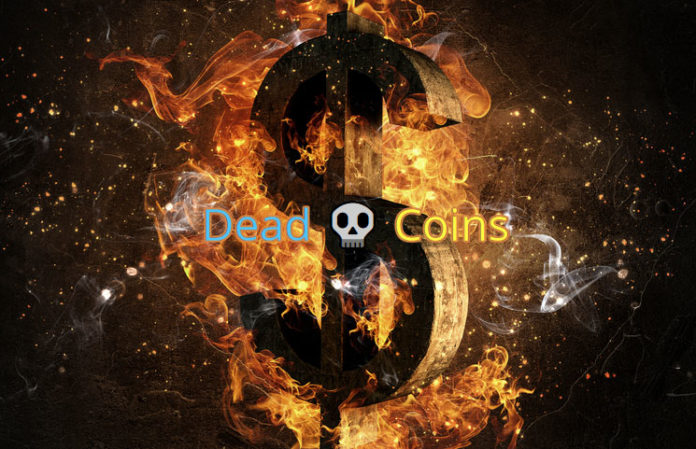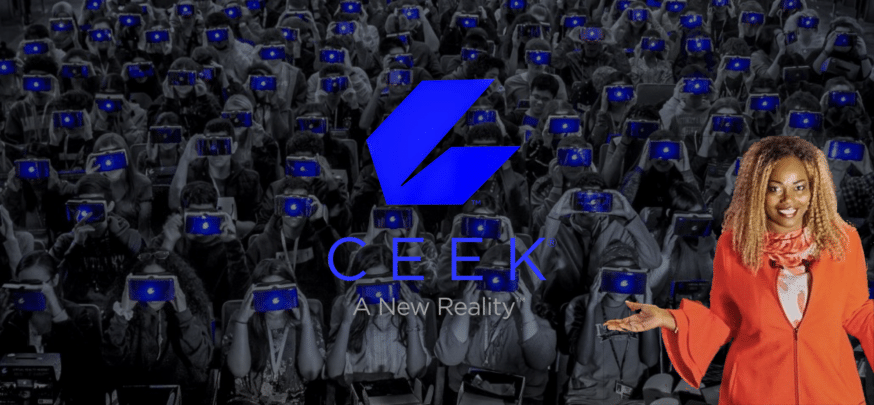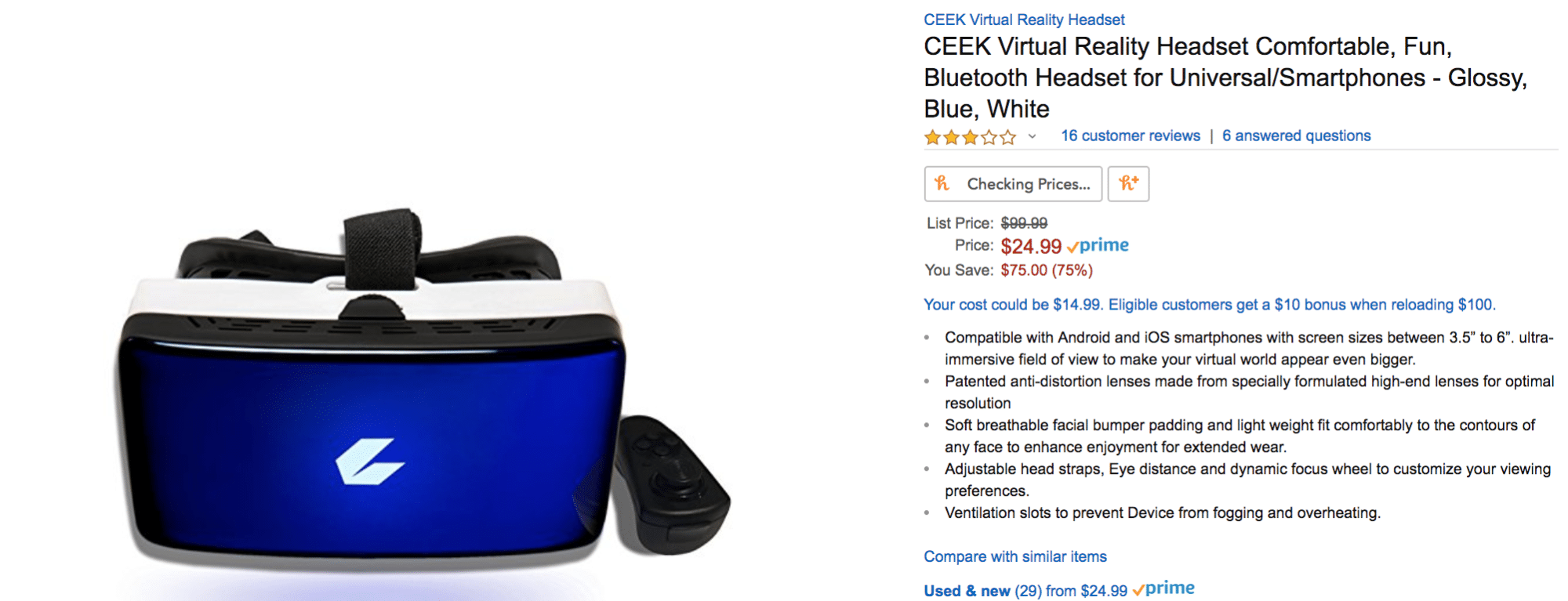
Written by Todd Baker
What Is
Intellectual Property?
Intellectual
property (IP) is a general term for the rights recognized by Nigerian law for
creations of the mind, including:
·
Patents – rights granted to inventors for
novel and useful inventions.
·
Trademarks – rights granted to businesses
relating to the branding of their goods and services (company, product and
service names).
·
Copyrights – rights granted to authors for
tangible expressions of ideas (art, literature, music, software code,
architectural plans).
·
Trade secrets – rights granted to businesses
relating to their unique and valuable intangible assets (business processes,
client and customer lists, procedures, practices, formulae, research notes,
market data).
Types of Patents
There are three
types of patents that every startup should be aware of:
Utility Patents – According to the
USPTO, utility patents are for inventions, “… of a new and useful process,
machine, manufacture, or composition of matter, or a new and useful improvement
thereof.” Utility patents are for the protection of how an invention is used
and works.
Business Method
Patents – Business methods are also protectable under U.S. patent law. A
business method patent is actually a form of utility patent that protects new
methods of doing business, such as those used, for example, in banking, tax
compliance, and e-commerce, to name a few.
Design Patents – Design patents,
as described by the USPTO, are “Issued for a new, original, and ornamental
design embodied in or applied to an article of manufacture.” A design patent,
“permits its owner to exclude others from making, using, or selling the
design.” A design patent may provide protection for IP when a utility patent is
unavailable.
All three types of
patents should be considered by a startup as part of its IP protection
strategy.
Why Is Intellectual
Property Important to a Startup?
If your startup or
early-stage business has IP rights, you can:
·
Put the world on notice that you own those rights by registering them
with the U.S. Copyright Office or the U.S. Patent and Trademark Office (USPTO),
and by using the proper notice symbols on tangible materials that contain your
IP (©, ® and Patent Pending).
·
Prevent unauthorized third parties (infringers) from unfairly competing
with you by reproducing your copyrighted works, using confusingly similar
trademarks on their products, making/selling products similar to your patented
products, or stealing your trade secrets.
·
Use your IP rights to generate revenue by (1) directly selling
copyrighted, branded, patented, or other proprietary products and services, or
(2) licensing your copyrights, trademarks, patents and trade secrets to others
in exchange for royalties.
·
Build joint ventures and alliances with other companies to develop and
sell new products and services by combining your IP rights with intellectual
property owned by your strategic partners.
Important Steps for
Startups to Take for IP Protection
1. Engage an IP
lawyer
IP rights function like government-sanctioned
monopolies, and that exclusivity can potentially make them very valuable. For
that reason, intellectual property law is complicated and imposes various
requirements on IP owners to claim, protect and preserve their IP rights (and
to prevent IP assets from falling into the public domain — i.e., available for
anyone to use without the owner’s permission). Your startup will need a reputable lawyer
who specializes in IP law to help you devise an effective strategy for managing
and protecting your IP, and to avoid the common mistakes business people make
that can have serious legal and financial implications.
Because many IP
rights depend upon confidentiality (for example, inventions that have been
published prior to filing a patent application cannot be patented — see the
discussion of “EPD” below), a lawyer is the ideal advisor for a startup since
lawyers are ethically and legally required to keep all of your communications
confidential. A non-lawyer IP consultant does not have strict confidentiality
obligations unless you have a contract imposing such obligations.
2. Identify Your IP
Make a
comprehensive list of every business idea, invention, new product or service
concept (or any improvement or advance to an existing product/service),
potential product name, slogan, logo, business process, market or customer
niche, or other proprietary idea that you think your startup owns and is unique
and potentially valuable. Your lawyer can help you figure out whether these
ideas, concepts, inventions, names and business processes qualify as potential
patents, copyrights, trademarks or trade secrets.
3. Make sure you
own the IP
Before you can determine whether your IP is
protectable (including, for example, by registering it in the U.S. or abroad)
you’ll need to confirm that your company actually owns the IP (and can continue
to own it if things happen in the future):
·
Do your former employers own the IP? If you and your co-founders created
the IP for your startup while you were employed by other companies, check your
old employment agreements to make sure that your prior employers do not have
grounds for a potential claim. If you developed your new business’ ideas during
work hours, or while using the prior employer’s resources, you could be at
risk.
·
What happens if you and your co-founders break up? The startup should
continue to own the IP even if one or more founders walk out the door. You
don’t want a former founder setting up an identical competing business. Ask
your IP lawyer to draft a simple Intellectual Property Assignment agreement
that ensures the company owns the IP even if the relationship turns sour.
·
Have you given away rights in the DIY contracts you drafted? If your
startup signed up customers or suppliers before hiring a lawyer (likely to save
money), you need to have your lawyer review those agreements. Ask your lawyer
to read through all of your existing contracts to make sure that you haven’t
agreed to terms that grant more IP rights to your customers and suppliers than
absolutely necessary.
4. Research Your IP
Once you have a
list of your startup’s significant IP, you need to confirm the extent to which
that IP is unique and original (and therefore legally protectable).
Search the patent
records on the USPTO’s website to see if your invention (or something very
similar) has already been patented. Then do a “prior art” search on the
internet to find out if a non-patented version of your invention already
exists. If your invention or an essential part of it is already in the patent
records or out in the world, you will not be able to patent it.
Similarly, you’ll
want to search the trademark database on the USPTO’s website and the internet
in general to see if your startup’s potential business and product names are
available. If similar names are already in use in the marketplace on similar
products (or if similar names have been applied for or registered with the
USPTO for similar products), those trademarks may not be available.
5. Avoid Enabling
Public Disclosure (EPD)
As mentioned above, confidentiality is crucial for
patentable inventions. Once an invention has been “publicly disclosed” by the
inventor, she only has a year to file a patent application with the USPTO. The
legal concept of enabling public disclosure (which helps determine what level
of disclosure starts the clock running) means you’ve publicized enough
information about your product to permit someone else in your industry to copy
it. Trade shows, demonstrations to potential investors, press releases and articles
in trade publications can be particularly risky for triggering EPD if you’re
not planning to file quickly thereafter.
Your IP lawyer can
help you avoid EPD as you develop and test your product.
6. Pick Your IP
Battles
Money is in short
supply for most startups, so you’ll want to map out with your IP lawyer what
patents, registrations and other IP-related expenditures need to be prioritized
over others. For example, you may decide that you will initially seek patent
protection only for the company’s primary product, and protect other inventions
as trade secrets using confidentiality agreements. Similarly, you may decide to
initially register only the company’s main brand name as a trademark.
Additional patents and registrations can often be deferred until more funds
become available.
7. Protect Your IP
from Investors
If are pitching
your startup to potential investors in an effort to raise money, you will need
to disclose at least some of your proprietary information to them. To avoid any
loss of your IP rights, be sure to:
·
Keep careful records of exactly who has been given access to your
private placement memo, business plan or slide presentations, and ask the
potential investors to (1) confirm in writing, through non-disclosure agreements (NDAs), that they
will not copy or share such materials with others, and (2) return or destroy
all paper and electronic copies of the materials if they decide not to invest.
·
Distribute paper or electronic copies of your investor materials only to
a limited number of pre-screened potential investors and their advisors. The
fewer copies in circulation, the better.
8. Protect IP From
Employees and Contractors
To prevent employees and consultants who work for
your company from stealing your valuable IP assets and disclosing them to
competitors (or starting their own businesses to compete with you), you’ll need
them to sign NDAs to keep company information confidential, that is, not
disclose company information to third parties. The agreements should also
include an acknowledgment that all rights to the inventions or copyrightable
material created by them while working for your company are automatically
transferred to, and owned by, your company. (Your lawyer can draft an
employee/consultant agreement template for you.)
9. Protect Your IP
Globally
Many startups fail
to recognize the importance of protecting their IP rights outside of the U.S.
While applying for a patent in the U.S. is the right place to start, startups
need to consider an international patent strategy if they believe their
inventions will eventually be sold in other countries. As part of that
strategy, startups should consider filing an international patent application
(with the USPTO, if a U.S. resident) under the provisions of the Patent
Cooperation Treaty (PCT.) A patent application via the PCT provides protection
in over 100 countries for up to 18 months to allow for patent filings in those
countries where protection is sought.
10. Consider a
Provisional Patent Application
A provisional patent application is a
document filed with the USPTO that establishes an early filing date for the
subsequent filing for a non-provisional utility patent. It also allows for the
applicant use the term “Patent Pending” in documents describing its invention.
Filing for the
non-provisional patent must be done within 12 months of the provisional patent
application. A provisional patent application requires inclusion of a
specification, but is filed without a formal patent claim, oath or declaration,
or information disclosure statement.
11. Consider Track
One Prioritized Examination
The USPTO’s
Prioritized Patent Examination Program (Track One) allows patent filers to
expedite the examination and patent issuance process to less than 12 months.
Track One prioritization comes at a substantial cost ($4,000 for large
entities, $2,000 for small entities, and $1,000 for micro-entities). However,
obtaining a patent earlier can provide a startup with several advantages,
including a quicker resulting increase in company valuation, and the ability to
obtain foreign patents in a shorter period of time.






